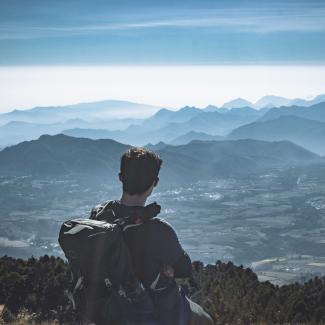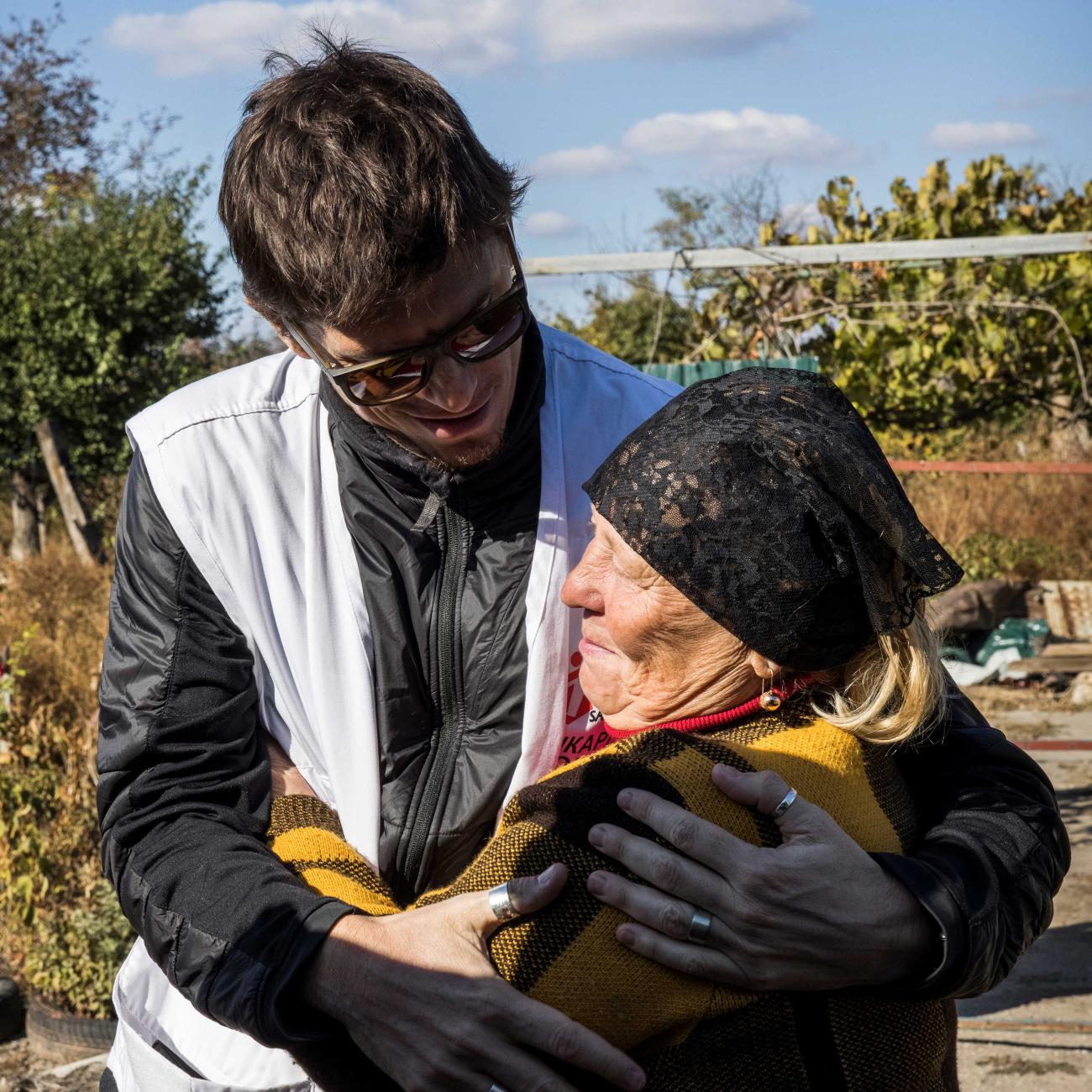Ecuador's first round of presidential voting in early February was unprecedented. Incumbent President Daniel Noboa and opposition leftist candidate Luisa González monopolized 90% of the vote, leaving the other 14 candidates with single-digit percentages and at least 12 who failed to reach even 1%. The atypical results came with an extraordinary period of violent threats and acts against politicians regardless of their leanings.
Last December, President Noboa reported that the National Police had found a car bomb near a neighborhood in El Oro, where he had planned to make a campaign stop. González reported receiving death threats and placed her security in the hands of the nation's armed forces. Socialist candidate Pedro Granja suspended his campaign events after an attack. Centrist Jimmy Jairala's car was shot at the start of his campaign, and leftist candidate Andrea González decided to wear a bulletproof vest during her public appearances.
Violence seems to be everywhere in Ecuador, affecting its education, health care, and politics. The candidates vying to lead the South American country—considered in recent years to be one of the most violent in the world—are well aware of this reality. Insecurity is the primary concern of their voters. Seven in 10 Ecuadorians fear going out at night, and the country ranks worst on Gallup's Law and Order Index, which annually measures the perception of security in 140 countries.
Violence seems to be everywhere in Ecuador, affecting its education, health care, and politics
On April 13, when Noboa and González face off in the presidential runoff, violence could play an unparalleled role in voter decision-making.
Violent threats against Ecuador's politicians are remnants of a deep national wound yet to heal. In August 2023, presidential candidate Fernando Villavicencio was assassinated just ten days before the election. Since then, 30 politicians, including elected officials, have been murdered.
The security crisis complicates daily life even in places once considered safe havens, such as schools and hospitals. According to the Ministry of Education, approximately 90,000 children have dropped out of school since 2022, making Ecuador a record-holder as a country unfit for children. Homicide is the leading cause of death among Ecuadorian minors, and ever since criminal gangs normalized extorting students in exchange for permission to attend school, the NGO Plan International reports that 20% of children actively try to avoid classes due to fear of violence.
As schools become no-go zones, hospitals turn into cemeteries. The country had become accustomed to high levels of violence, averaging nearly 2,000 alerts of attacks in hospitals per year, according to the Ministry of Health. In recent months, doctors and hospital administrators have been murdered, kidnapped, and extorted, prompting authorities to take extreme measures, including to close a health-care center in Durán—a coastal city of nearly 400,000 people that, in 2023, was the homicide capital of the world.
Ecuador's surge in violence is linked to the explosion of organized crime. Last November, The Economist dubbed Ecuador the world's newest narco-state. The reasons are plentiful. Judges, police officers, and prosecutors are accused of working for drug cartels. Three Ecuadorian cities rank among the 50 most violent in the world. According to Italy's ambassador to Ecuador, Giovanni Davoli, "70% of the world's cocaine passes through Ecuador." Davioli represents European security cooperation against the South American mafia. President Noboa estimated the "size of Ecuador's criminal economy at around $30 billion USD"—meaning that roughly one in every four dollars circulating in the country is tainted with blood and cocaine.
Breaking the Cycle of Violence
Experts such as former Army General Commander Luis Altamirano believe that Ecuador is stuck in a cycle of ineffective policies. In theory, the government has tried everything: border closures, states of emergency, declarations of internal armed conflict, harsher penalties, and international cooperation. Yet, after a brief slowdown during 2024, violent deaths are once again rising and are expected to break new records. "There is no long-term vision for addressing the security problem," Altamirano reflects. "We don't even know what the official public security policy is, nor what kind of reforms are planned—if any."
As these trends persist, the two leading candidates continue to blame each other. Noboa, who has governed for just a year and a half and seeks reelection for a full four-year term, argues that he has not had enough time to tackle the violence. He says he has faced opposition roadblocks and that his predecessors opened the doors to organized crime. González, on the other hand, accuses the incumbent president of lacking an action plan, improvising amid the security crisis, and dismantling the 2000s era crime-fighting policies of her party's former government—when, she claims, Ecuador was one of the safest countries in the region.
With weeks still left in the campaign and a presidential debate ahead, both candidates will be expected to move beyond vague rhetoric and broad statements on security. No matter who wins the most votes on April 13, Ecuadorians expect real results against violent crime.



